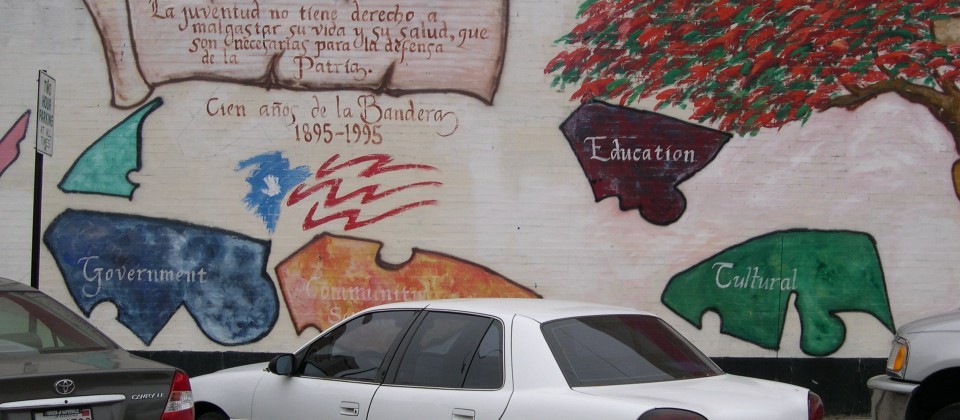Sarah Elwood – University of Washington – National Science Foundation CAREER Grant
Funded as Assistant Professor
Proposal Abstract
[Post-award public abstract]: This project is motivated by a need for greater theoretical and practical understanding of two closely related developments occurring in U.S. cities: The changing role of community-based organizations in urban governance, particularly their growing responsibilities for planning, problem solving and service delivery tasks that directly affect neighborhood space and structures; and the expanding use of geographic information systems (GIS) technology by these groups, for mapping, analyzing, and demonstrating neighborhood needs and conditions. In studying these phenomena, the project will answer the following questions. What priorities, strategies, and goals for urban change and neighborhood revitalization are advanced through such GIS-based spatial knowledge production by community-based organizations? How does this production and application of GIS-based spatial knowledge alter the role and power of community organizations, neighborhoods, and their residents within the decision-making processes through which urban spatial change is negotiated, planned and implemented? What are the implications of these changes for the relationship between the state and institutions of civil society in urban governance, particularly the construction of the authority and knowledge of these actors? The study has three integrated research, educational, and community development objectives. First, it advances knowledge in urban geography and social studies of technology by developing stronger theorizations of the urban spatial and political impacts of GIS technologies and GIS-based knowledge production by community-based organizations. Second, the project develops effective experiential and service learning pedagogies in geography education that will enhance students’ capacities to connect conceptual and applied geographical knowledge, and critically reflect upon the societal significance of their active learning efforts. Finally, it creates a model for fostering sustained and effective GIS-based spatial knowledge production capacities in community organizations – a key challenge, given the financial and technological constraints such organizations typically face. These objectives will be accomplished through participatory research and educational activities carried out in collaboration with two community development organizations in Chicago. Working with staff and residents from these organizations, the project will create a spatial data library for use in their neighborhood revitalization activities. As part of experiential learning activities in two geography courses taught by the Principal Investigator at DePaul University, undergraduate students will work with these organizations to plan and implement GIS-based spatial analysis projects using these data, and community organization staff will receive GIS training. The project’s research questions will be answered through qualitative analysis of data gathered using several techniques: Participant observation of student-community interaction during the spatial analysis project activities; ethnographic interviewing of participating organization staff, neighborhood residents, local government officials with whom the organization works; and content analysis of maps and reports produced for the community-based project, as well as field notes prepared by the Principal Investigator and student participants.The significance of this study is multi-faceted. It develops important urban geographic knowledge about the changing activities of grassroots citizen organizations in urban governance processes that shape neighborhood needs and conditions, by showing how their role and power in this context is affected by use of computer mapping and analysis technologies such as geographic information systems (GIS). Through the educational activities, university students’ skills for and commitments to public service and active citizenship will be enhanced, as will their critical reflection upon the social and political implications of their conceptual and applied learning. Two community organizations in an impoverished Chicago neighborhood will enhance their technological and knowledge infrastructures through the project’s investment of hardware, software, training, and data needed for long-term sustained GIS capabilities. In its broader societal contributions, the project will develop knowledge and practices intended to help to answer fundamental questions about how to improve quality of life in American inner city neighborhoods, and create strategies that encourage robust democratic practices that involve neighborhood residents in the very decisions that affect them and their neighborhoods.


Leave a Reply